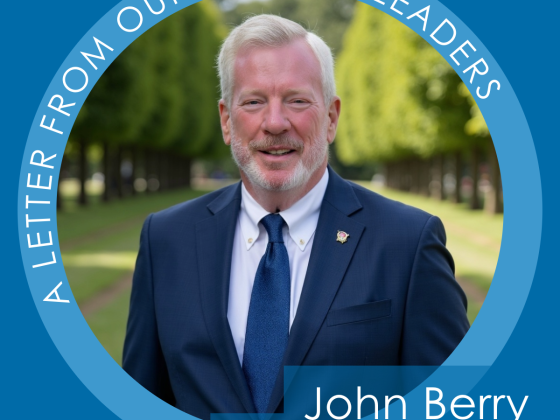While watching a football game recently, I noticed that one of the linebackers was the same height and weight as myself. Of course, he was built exactly right to play the game, and I’m built exactly right to watch the game from my couch.
With a little more reflection I wondered if after years of struggling with my weight, maybe all along I have been using the wrong scale. I don’t mean that I should replace the one in the bathroom with a truck scale! Maybe it isn’t the number of pounds I carry but what they consist of, you know, like constructed from protein instead of donuts.
Customers are asked all the time to provide data, and we wonder how, or even if, that data is really needed, and how that data makes a difference. We grumble about providing a screen full of data to get a simple request handled online, and grimace when asked for our contact information to make a simple purchase. Not every purchase is a new relationship! We know that soon we will get that new-customer offer email, or yet another customer satisfaction survey.
We are not immune ourselves; we too often ask for more data. We may require at a Society food pantry not just a name to engage courteously with our neighbor in need, but also an address, family size, and everyone’s names, ethnicity, and contact information. Some of this request is driven by the food supplier, government, or donors. How often, though, do we ask ourselves and these outside parties why all this is necessary?
There may be good reasons to know all this, such as to predict future service needs. Perhaps the contact information helps us to follow up with more resources. If the more we ask leads to the more we can do for someone, great! I often wonder if we gather some information but don’t use it, and if we even know why we gather it in the first place. We need to ask “Why?” on a regular basis in the interest of those we serve.
Do we recognize that when someone comes to us for help, it is embarrassing to lay out one’s life to some unknown person? Imagine being homeless or in a shelter and being asked often about our address? Does one feel judged when asked how many children they have and their ages, and feel accused of not being able to support “all those kids?” Does that single mother really need to advertise that there isn’t a male figure in the home in order to get utility or rent help?
A big trend nowadays is to focus on metrics. How do we measure poverty, for instance, presumably to solve it? In these days of mega data, we want to know everything about everyone so that we can slice and dice the data to prove impact. This is useful to some point, but maybe we overdo it. We forget that we Vincentians are here to help God’s children, not to build databases.
It is easier to be intrusive from a distance. When outside groups ask us to collect data, they may not appreciate the one-on-one, personal experience of our Home Visit in creating relationships. We are asked to become their Census-takers.
As for your National Council, we review those darn annual reports, well, annually. You may not be aware that we have reduced the data fields by more than fifty percent in recent years. How did we get so many in the first place? Members keep asking us to add one more question, perhaps not knowing that we already asked it somewhere else, or that we could generate that answer if we calculated some existing responses, etc. Data creep isn’t evil, but it can unintentionally come from ignorance. We need to be vigilant.
Let’s take the time to ask ourselves and others why we need all this data. Can we answer our questions with fewer responses, such as through sampling over time or using group subsets? Can we reduce the number of questions, saving response time and simplifying the experience for everyone? Can we seek to improve the level of dignity for those we serve, rather than the level of information?
This may mean negotiating with those outside concerns. Ask the foundation to reduce their data requests of us in the name of volunteer efficiency as well as dignity. Challenge the food bank forms – you will doubtless have other pantry operators who will support you.
In my career I have “fired” donors who wanted massive information for the dollars they provided, or needed too much “proof” that my organization was even legitimate. When the funding application takes more time to complete than the services it will fund, well, that’s a clue! Let’s choose dignity, of those we serve and ourselves, over chasing data and dollars.
Yours in Christ,
Dave Barringer



AGREED!